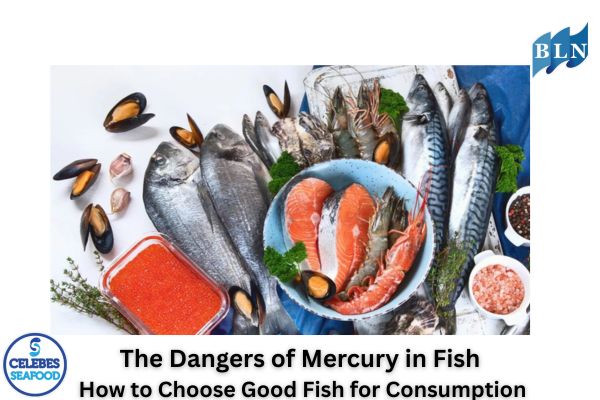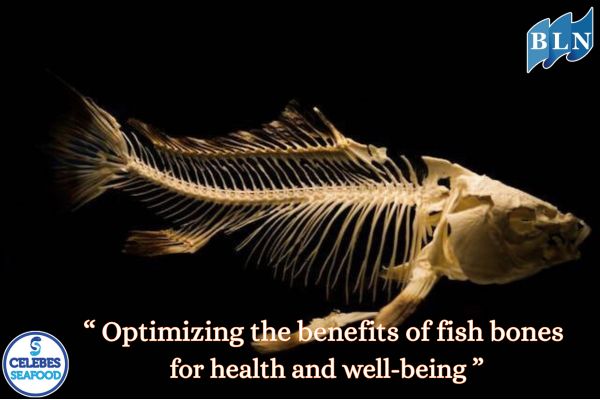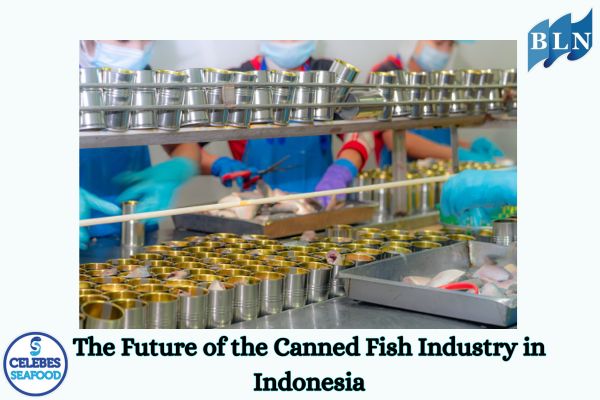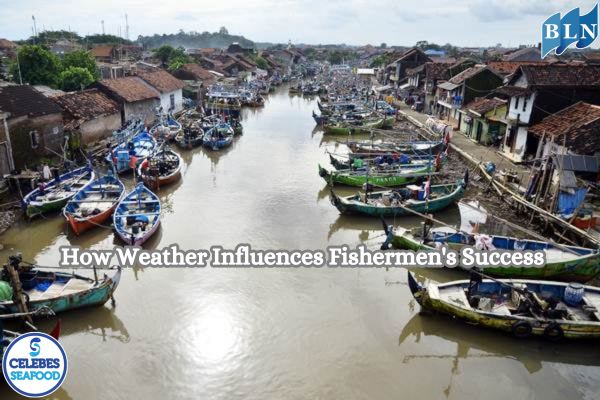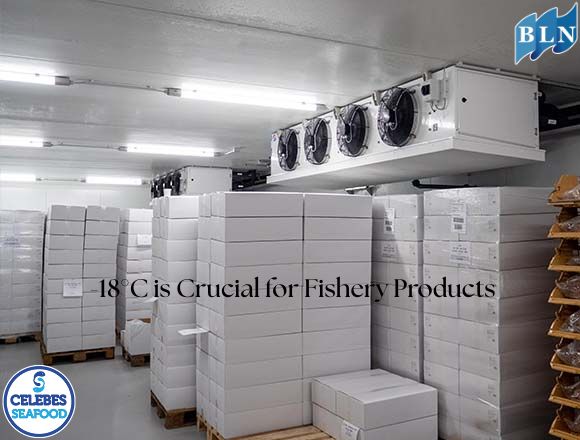The Influence of Environmental Factors on Fish Growth and Health
By. Azizah - 28 Apr 2025
lautnusantara.comThe environment plays a crucial role in determining fish growth and health. Various factors such as water temperature, dissolved oxygen quality, pH, salinity, and the presence of pollutants can affect the physiological development and immunity of fish. Understanding these factors is essential, both in aquaculture and in natural fisheries conservation.
Influential Environmental Factors
-
Water Temperature
Temperature affects fish metabolism rates. Ideal temperatures can enhance growth, while extreme temperatures cause stress, slow down growth, and even lead to death. -
Dissolved Oxygen
Oxygen availability is critical for fish respiration. Low oxygen levels can disrupt metabolism, reduce appetite, and increase disease susceptibility. -
Water pH
The acidity or alkalinity of water affects ionic balance in fish bodies. Extremely low or high pH levels can cause physiological disorders and mortality. -
Salinity
Salinity plays a role in osmotic balance. Freshwater and marine fish have different adaptations to salinity, thus drastic changes can impact their health. -
Pollutants
The presence of heavy metals, pesticides, and organic waste can impair the immune system, damage vital organs, and cause mass fish deaths.
Impact of Environmental Factors on Fish Health
Uncontrolled environmental changes can cause various health problems in fish, such as chronic stress, parasitic infections, bacterial diseases, and reproductive disorders. In the long term, fish populations may drastically decline, affecting ecosystems and the fisheries industry.
Environmental Management Efforts
Maintaining fish health requires good water quality management, routine monitoring of environmental parameters, and the implementation of sustainable aquaculture practices. Education for fishermen and fish farmers is also important to raise awareness of the importance of preserving aquatic environments.
If you are interested in our product SLIPPER LOBSTER WHOLE ROUND, SLIPPER LOBSTER MEAT, Coral Trout Fillet Skin On,OCTOPUS WHOLE CLEANED FLOWER TYPE please do not hesitate to contact us through email and/or whatsapp.
